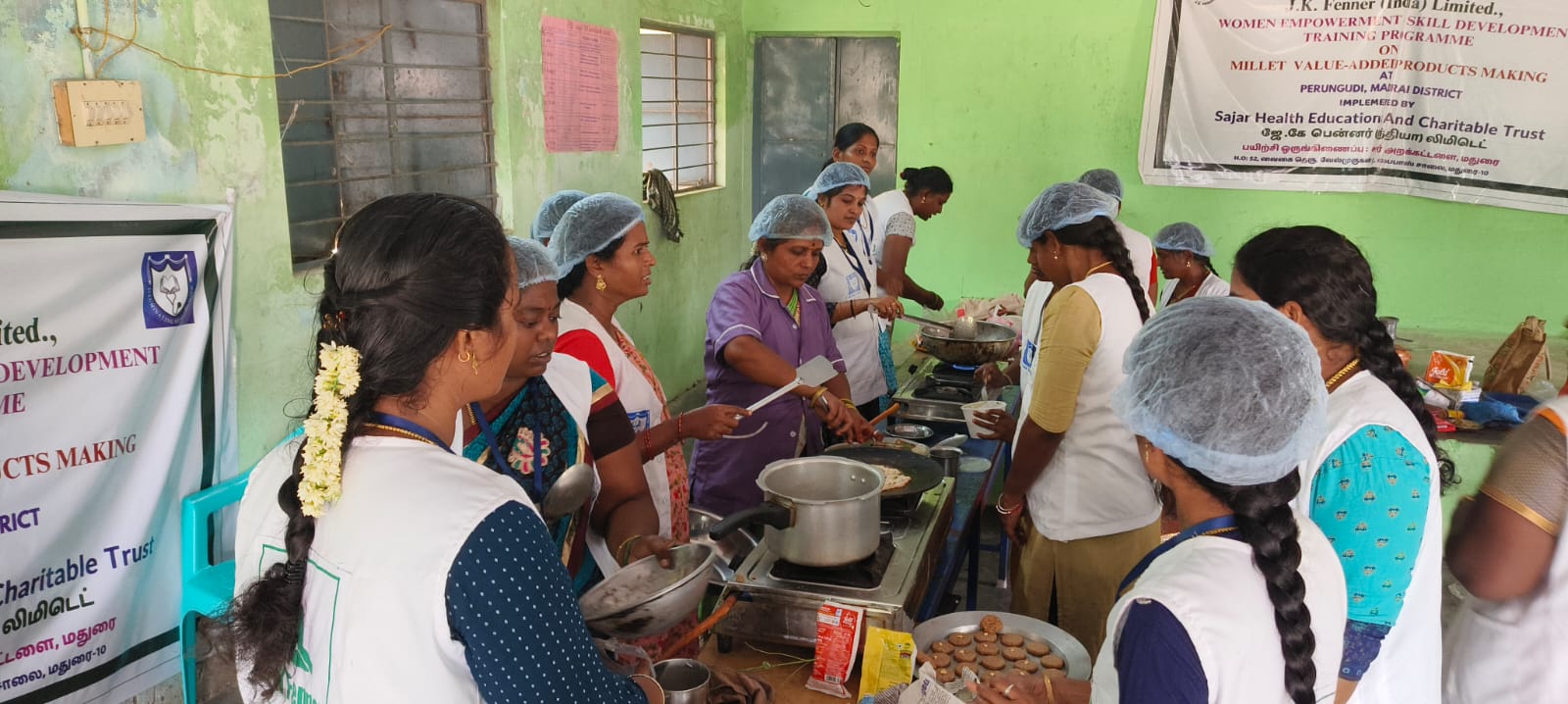
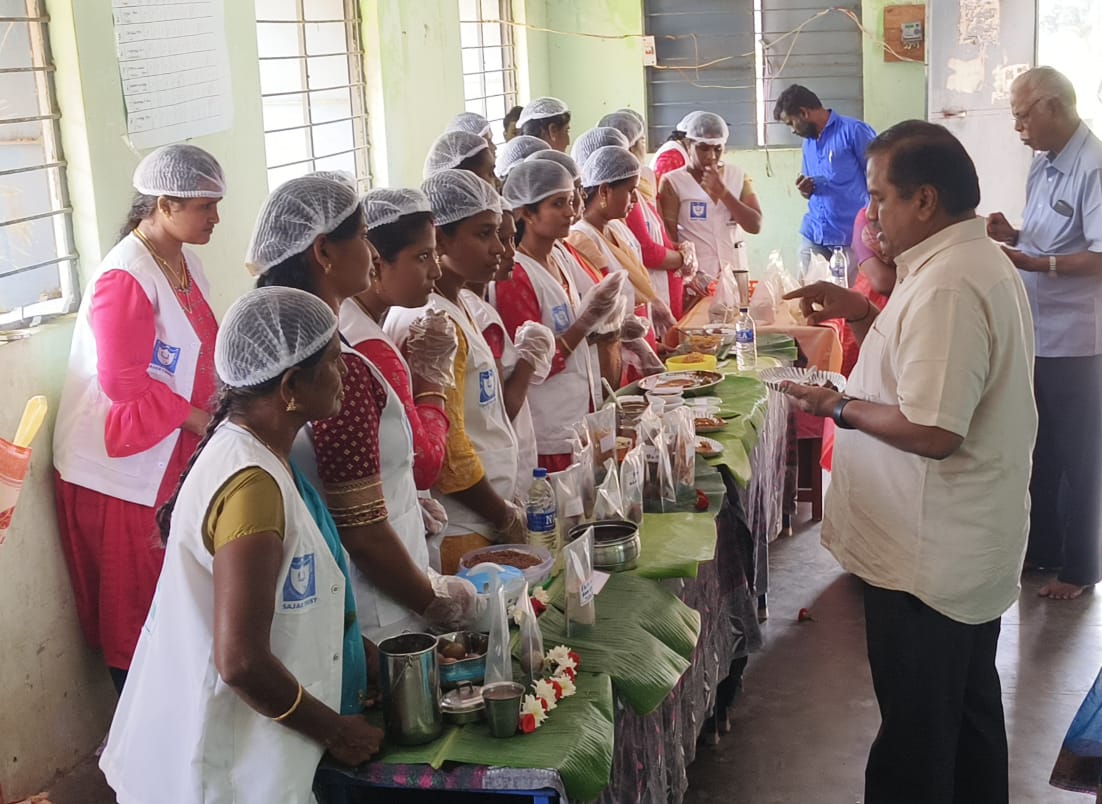
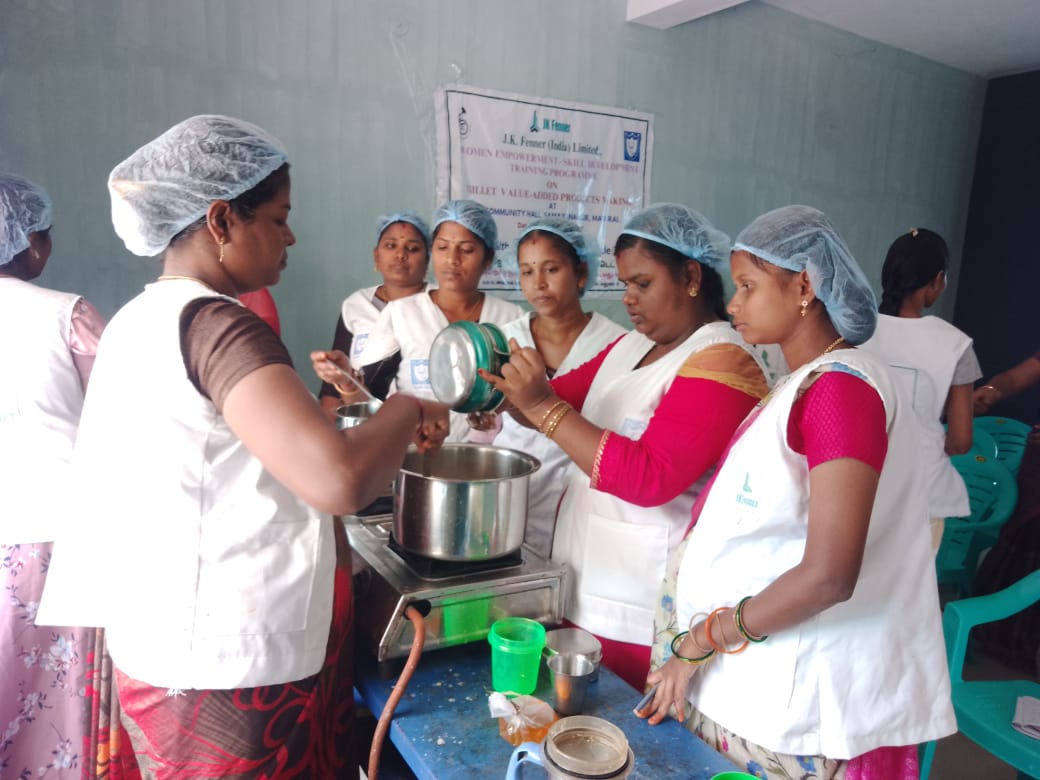
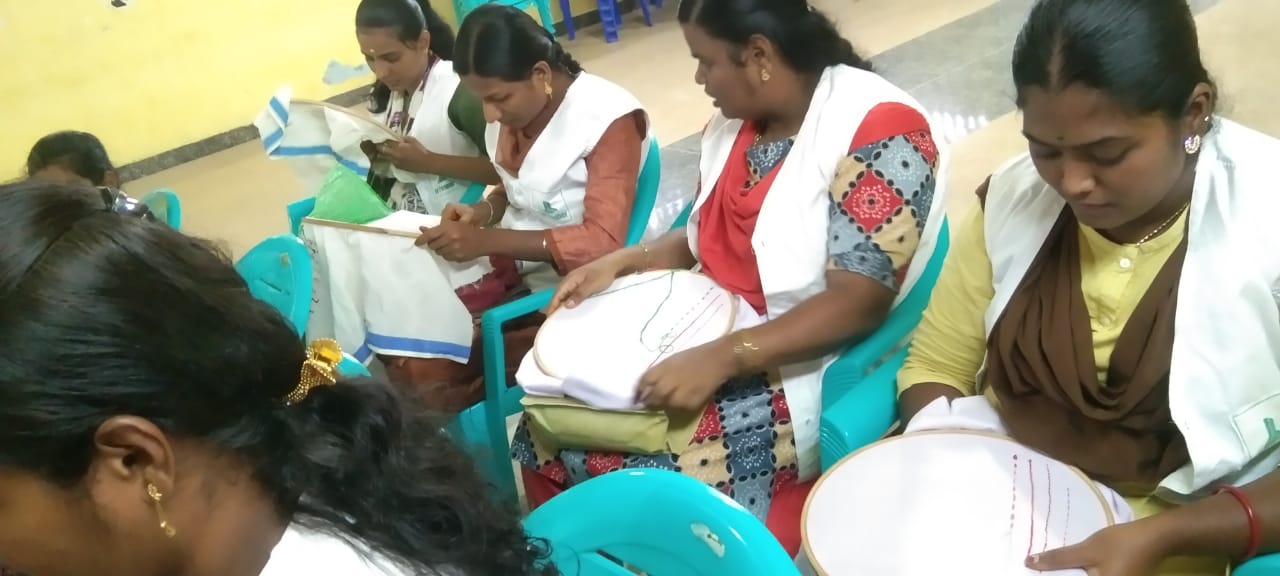
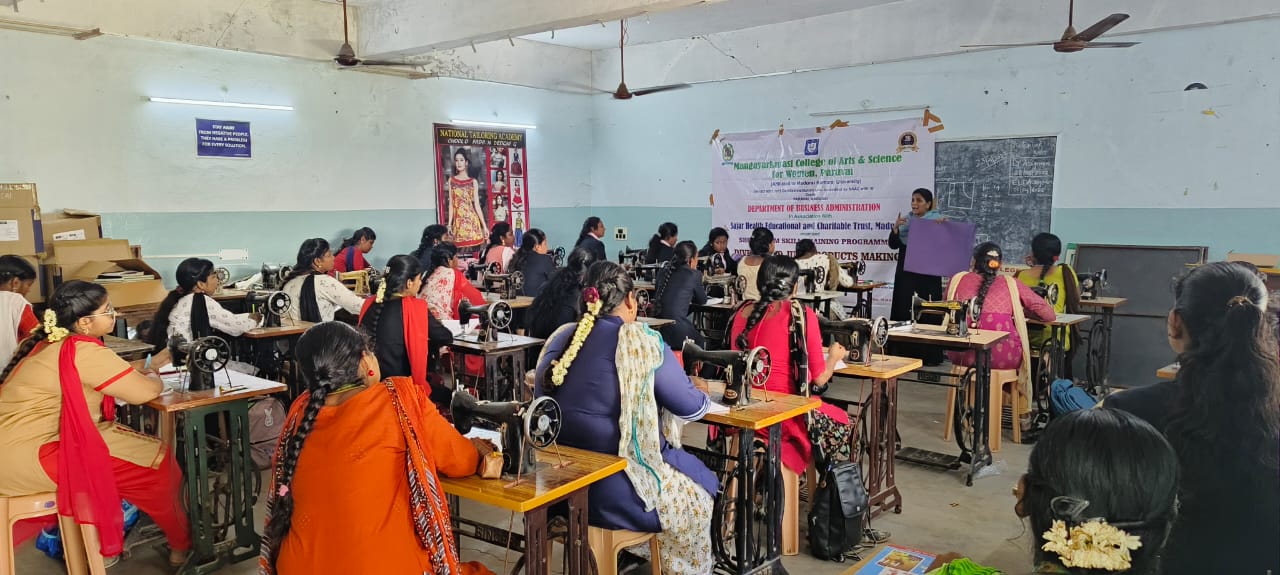
Sajar, led by the Sajar Health, Educational, and Charitable Trust, is transforming the lives of thousands of young women in rural Madurai district through a multifaceted approach. Their innovative initiatives encompass skill-based development programs and support for entrepreneurship, enabling women to break traditional norms, secure employment, and achieve financial independence. Beyond skills, Sajar fosters holistic transformation, impacting over 5000 women across diverse sectors, from crafts and healthcare to entrepreneurship. This approach creates a cycle of empowerment, elevating living standards and fostering unity. Sajar also nurtures Self-Help Groups and youth clubs, providing platforms for skill development, financial upliftment, and shared purpose. Ultimately, their vision guides entrepreneurs, establishes sustainable livelihood models, and paves the way for inclusive prosperity and a brighter, more inclusive future.
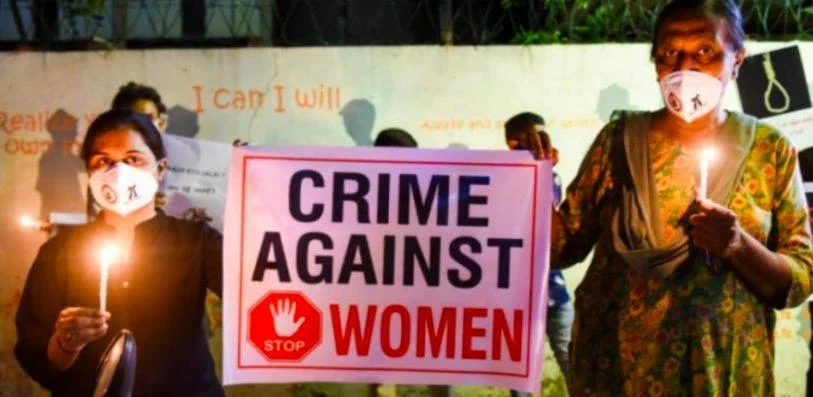
Sajar Trust is a staunch advocate against violence against women and is dedicated to empowering them through a multifaceted approach. Their initiatives encompass skill development, affordable education, entrepreneurship, and self-employment to equip women with practical skills, financial independence, and self-reliance. By providing diverse training programs and removing financial barriers to education, they expand horizons and nurture decision-making abilities, instilling confidence and autonomy in women to become job creators. Sajar Trust envisions a world free from violence and inequality, working tirelessly to transform individual lives and uplift entire communities in pursuit of that vision.
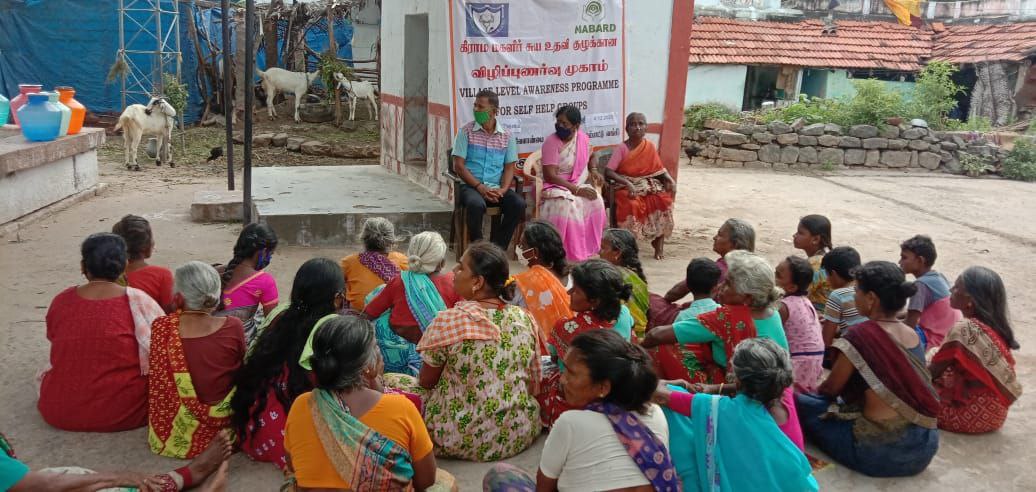
Sajar Trust has undertaken a remarkable initiative by actively forming and promoting Self-Help Groups (SHGs) as a pivotal part of our empowerment strategy. With the participation of over 1500 women, these SHGs have become powerful instruments of change within their communities. These groups not only provide a platform for skill development and financial upliftment but also instill a profound sense of unity, shared purpose, and mutual support among the women involved. Through the promotion and nurturing of these SHGs, Sajar Trust has not only facilitated economic independence but also enabled women to collectively address social issues, build resilience, and create a positive impact on their surroundings. These groups serve as a testament to our commitment to fostering sustainable change at the grassroots level, ensuring that women are not just beneficiaries but active agents of transformation in their communities.